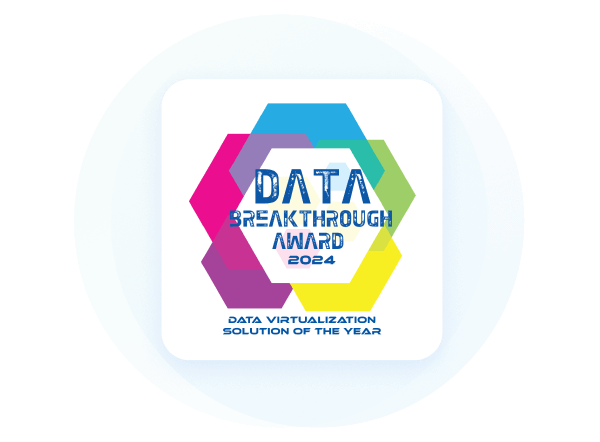Discover how a bimodal integration strategy can address the major data management challenges facing your organization today.
Get the Report →Connect to LDAP Objects in Ruby
Connect to LDAP objects in Ruby with ruby-dbi, dbd-odbc, and ruby-odbc.
The CData ODBC Driver for LDAP makes it easy to integrate connectivity to live LDAP objects in Ruby. This article shows how to create a simple Ruby app that connects to LDAP objects, executes a query, and displays the results.
Create an ODBC Connection to LDAP Objects
If you have not already, first specify connection properties in an ODBC DSN (data source name). This is the last step of the driver installation. You can use the Microsoft ODBC Data Source Administrator to create and configure ODBC DSNs.
To establish a connection, the following properties under the Authentication section must be provided:
- Valid User and Password credentials (e.g., Domain\BobF or cn=Bob F,ou=Employees,dc=Domain).
- Server information, including the IP or host name of the Server, as well as the Port.
BaseDN: This will limit the scope of LDAP searches to the height of the distinguished name provided.
Note: Specifying a narrow BaseDN may greatly increase performance; for example, cn=users,dc=domain will only return results contained within cn=users and its children.
Installing Ruby and Necessary Gems
If you do not have Ruby installed, refer to the Ruby installation page. With Ruby installed, you will need to install the ruby-dbi, dbd-odbc, and ruby-odbc gems:
gem install dbi
gem install dbd-odbc
gem install ruby-odbc
Create a Ruby App with Connectivity to LDAP Objects
Create a new Ruby file (for example: LDAPSelect.rb) and open it in a text editor. Copy the following code into your file:
#connect to the DSN
require 'DBI'
cnxn = DBI.connect('DBI:ODBC:CData LDAP Source','','')
#execute a SELECT query and store the result set
resultSet = cnxn.execute("SELECT Id, LogonCount FROM User")
#display the names of the columns
resultSet.column_names.each do |name|
print name, "\t"
end
puts
#display the results
while row = resultSet.fetch do
(0..resultSet.column_names.size - 1).each do |n|
print row[n], "\t"
end
puts
end
resultSet.finish
#close the connection
cnxn.disconnect if cnxn
With the file completed, you are ready to display your LDAP objects with Ruby. To do so, simply run your file from the command line:
ruby LDAPSelect.rb
Writing SQL-92 queries to LDAP allows you to quickly and easily incorporate LDAP objects into your own Ruby applications. Download a free trial today!






